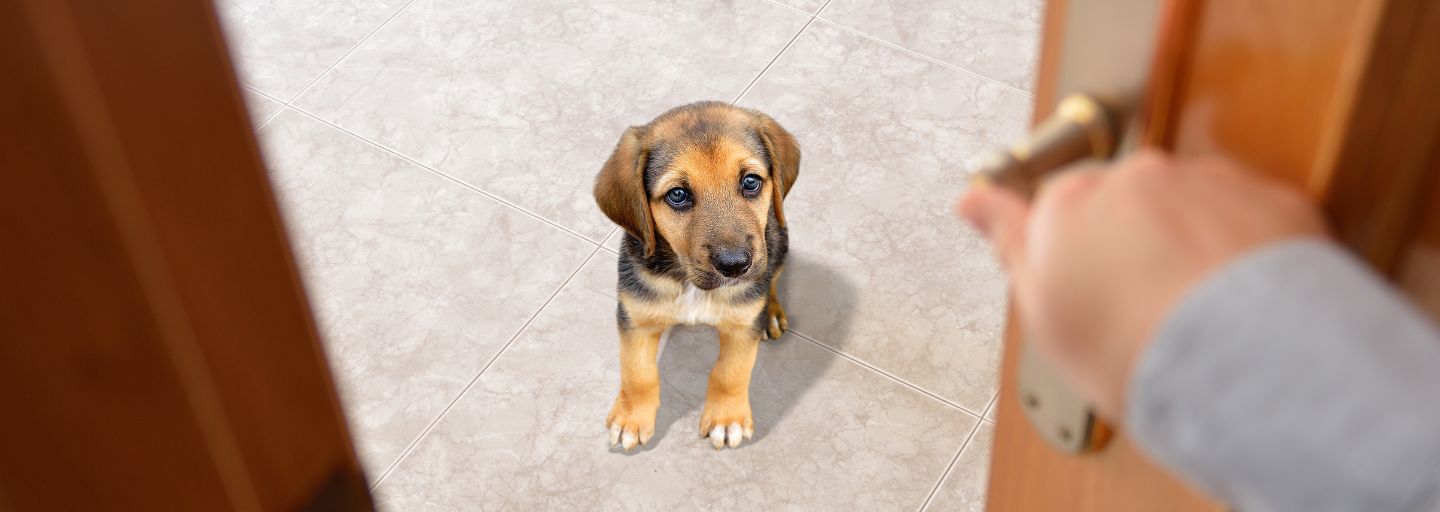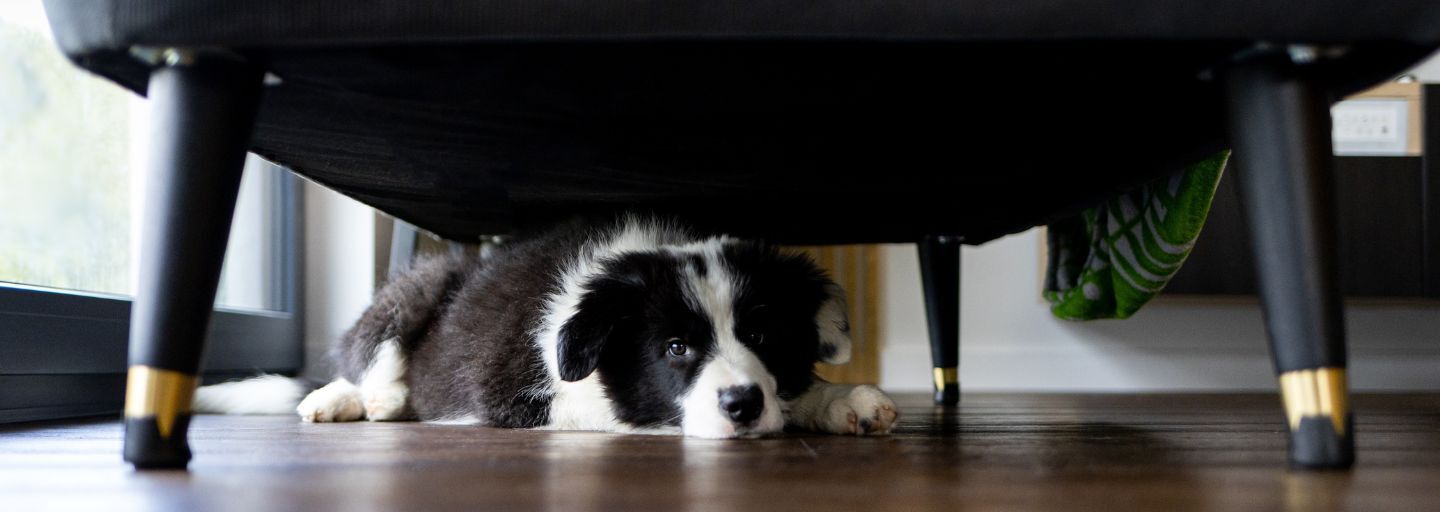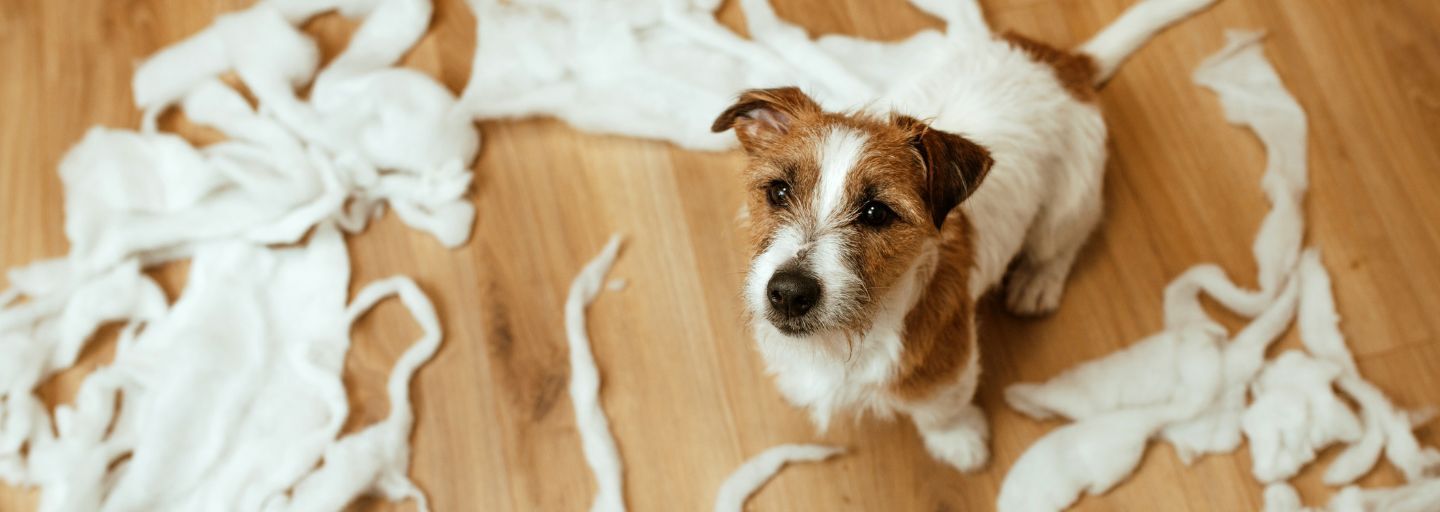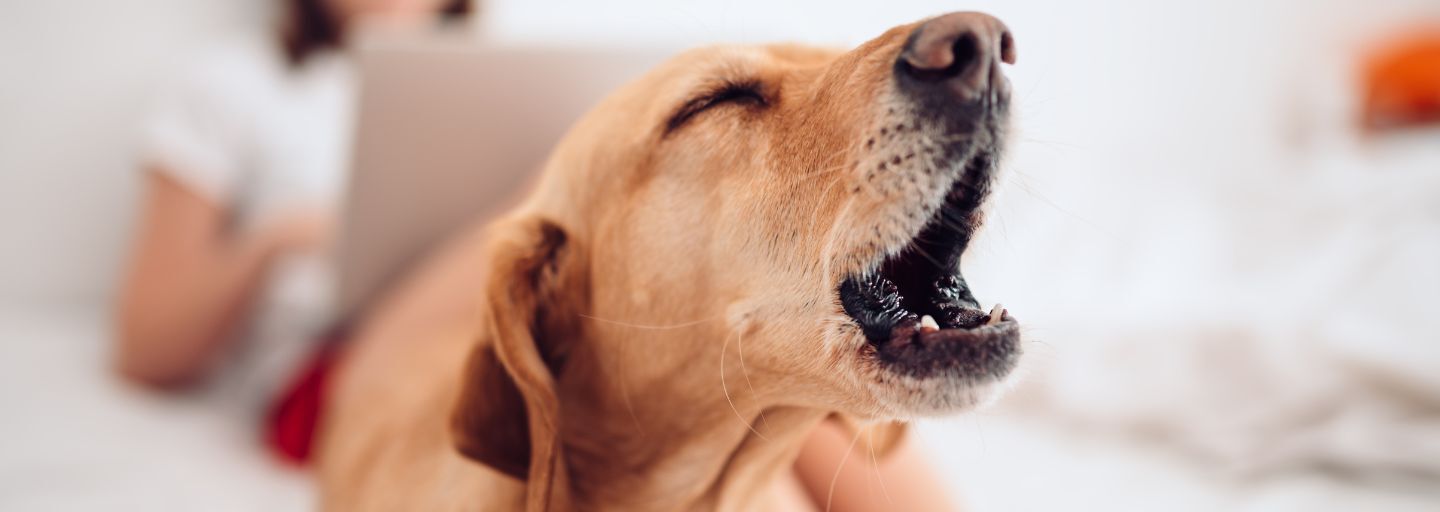Separation anxiety in puppies can be a challenging issue for dog owners to navigate. This distressing condition manifests when a dog becomes greatly agitated each time their owner leaves, often resulting in behaviours such as scratching at the door, chewing belongings, or barking hysterically. Most dogs naturally crave closeness to their human companions, and those who haven't been gradually accustomed to solitude may display unwanted behaviours. Combatting separation anxiety requires a patient and consistent approach to help your puppy become more comfortable being alone.
Combating Separation Anxiety
To prevent separation anxiety from taking root, it's essential to implement proactive measures. One effective strategy is introducing your puppy to a crate. Gradually crate your dog for short periods while you're present, and then progressively increase the duration. This helps create a positive association with the crate, serving as a secure and comforting space for your puppy. Reward quiet behaviour with calm praise and perhaps a treat, reinforcing the idea that being calm and alone is a positive experience.
As you begin leaving your puppy alone, start with short intervals and gradually extend the duration. Limit attention when you're home, so your departure isn't a sudden and stark contrast. Reward your dog for lying quietly away from you, further reinforcing the idea that being alone is not only tolerable but also comes with positive incentives. If you have a busy work schedule, consider hiring a dog walker to provide a midday break for your pup, offering both physical activity and companionship.
Maintaining a consistent schedule, whether it's a weekday or weekend, can contribute to your dog's sense of routine and ease the transition into alone time. Regular exercise is also crucial for dogs left alone for extended periods, helping to expend excess energy and reduce anxiety. Keep in mind that most puppies aren't ready for unsupervised freedom in your home until they are a year and a half or older, so gradual adjustments are key.
Leaving and Arriving
Leaving and arriving routines play a pivotal role in managing separation anxiety. Making departures uneventful by avoiding excessive displays of affection or prolonged goodbyes can help minimize your dog's perception of your absence as a significant event. Upon returning home, refrain from immediately going to the crate and making a fuss, especially if your dog is older or has been left alone for many hours. Instead, wait until your dog is calm and quiet before casually greeting and praising them.
Signs of Serious Separation Anxiety
Dogs with severe separation anxiety may exhibit physical symptoms like excessive drooling or pacing. Prolonged distress can lead to self-injury, with dogs scratching or biting themselves in desperation. Excessive vocalization, not limited to barking, might extend to howling or even prolonged whimpering. Furthermore, some dogs may refuse food or water when left alone. These heightened manifestations of distress emphasize the urgency of professional intervention. A skilled dog trainer or behaviour specialist can conduct a comprehensive assessment, devising tailored strategies to alleviate the specific triggers and promote a healthier, more balanced relationship between the puppy and its owner.
Health Information: The information on our website is intended to impart general nutrition and health information, and is not intended for diagnostic or treatment purposes. Purina is not engaged in rendering veterinary advice or services and always recommend consulting a qualified veterinarian for veterinary advice or services.







